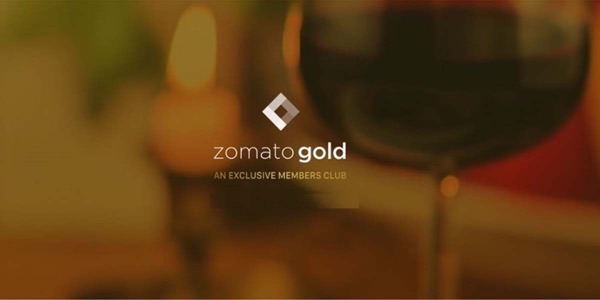Do you know Zomato? With Swiggy, it’s one of the best-funded startups in the restaurant delivery space. The company launched earlier this year a subscription plan, Zomato Gold, which for less than €30 gave you access to many deals in restaurants such as:
- Buy one, get one for food
- Buy two, get two for drinks (both deals are available in delivery and for dinning)
No need to tell it was met with great success from the consumers. But, restaurant owners that signed to be part of Zomato gold were not that pleased with this scheme. Nearly 3000 restaurants went on “strike” with a #LogOut slogan, removing their meals from the platform, even if the platform had created a rule of 45-day notice before leaving. After a few rounds of meetings between restaurant associations and delivery platforms, it does not seem that they agreed on much, even if Zomato smoothed the benefits of Gold.
 Why does it matter?
Why does it matter?
As noted in the top trends in our Food Delivery report, subscription plans for delivery platforms (restaurant delivery and marketplaces) are becoming increasingly important. Indeed, Food Delivery startups tend to spend a lot on acquisition but have a lifetime value (the total amount a user will spend in its “life” with the company) that diminish due to high competition (itself fuelled by massive marketing investments, but that’s another debate). Subscription plan, then, are an almost obvious solution to “lock” clients in one platform. However, if the benefits given to subscribers are supported by the restaurants and not the platforms (and not the users), it could create huge clashes. The issue of fidelity in urban food delivery remains unsolved!







